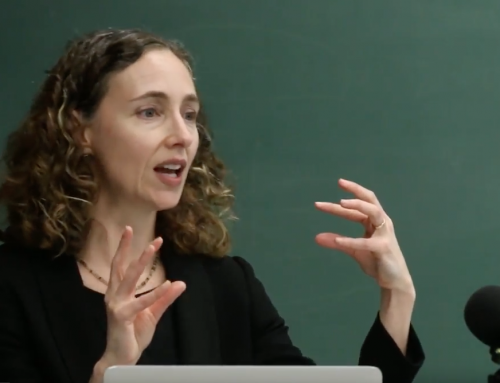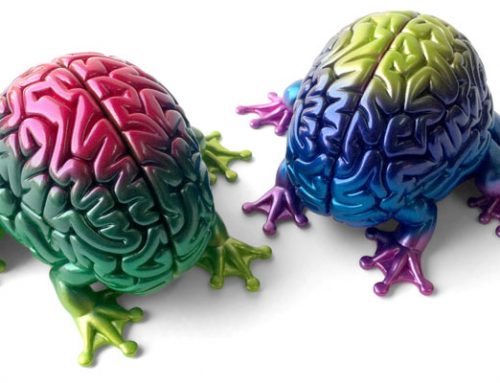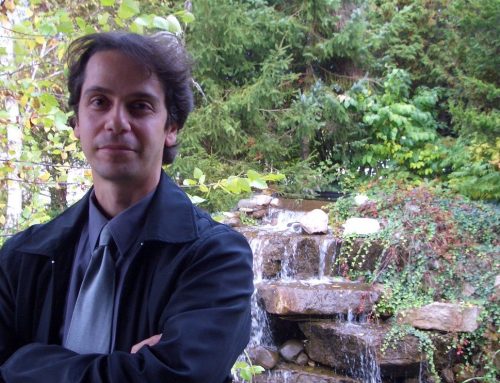Nozick’s classic discussion of ‘experience machines’ in Anarchy, State and Utopia attempted to show that, contrary to the ‘hedonistic’ thesis, experiencing pleasure is not all that matters to us. The ‘experience machine’, of course, is a kind of simulated reality wherein the subject would be able to choose pleasurable experiences that would be indistinguishable from reality proper.
The argument relied on the thought that most of us would prefer a difficult reality to an easy illusion: perhaps because we want to actually do things, and not merely simulate the experience of action (“it is only because we first want to do the actions that we want the experiences of doing them,” Nozick writes). Or, again, because it limits us to human-created simulations, rather than “actual contact with any deeper reality” which presumably could surprise us—maybe is even intrinsically valuable simply because it is reality.
Call this reality preference (RP): reality is intrinsically preferable to illusion. We might also conceptualize RP as a kind of illusion cost, that is, the goods delivered via simulation are discounted by a certain amount versus the same goods delivered in reality, so that the experience of a fine meal in reality is always preferable to an identical fine meal in an experience machine. The value of some experience in a simulation is the value of the experience in reality minus the illusion cost.
But the ‘illusion cost’ is not a hedonistic concern, since both the ‘real’ and ‘illusory’ experiences are indistinguishable; thus Nozick argues that, considered in isolation, pleasure-seeking behaviour (PS) is trumped by reality preference, as shown by our reticence to climb aboard experience machines, and the hedonistic thesis is falsified.
Are there scenarios where RP is trumped, that is, where the illusion cost does not suffice to reject the experience machine’s cunning mimicry in favour of reality? It seems plain that there are; of course, this does not show that Nozick’s argument against hedonism fails (the mere existence of illusion cost is sufficient to disprove hedonism). Let’s explore, nevertheless, some conditions where RP does not beat PS.
While, ceteris paribus, RP trumps PS due to illusion cost, there are also surely conditions wherein individuals may reasonably forsake RP, e.g., in order to alleviate suffering; if the choice is between a very painful reality and an unreal, but pleasant, simulation, the illusion cost of the simulation may not so great as to make reality still more valuable than illusion.
Should experience machines become available, an obvious medical application might be to alleviate the suffering of the terminally ill. Of course, much depends on the exact nature of the apparatus. Even long-suffering terminally ill patients might express a reality preference if the experience machine would prevent real and emphatically desired interaction with loved ones (a high illusion cost indeed!); but assuming the ability to end the simulation at will, then perhaps it might make quite a bit of sense to utilize the machine to provide temporary relief (indeed, temporary simulations would likely become a commercially significant venture).
Supposing, however, than the experience machine was a permanent decision, then PS could still beat out RP, for example in cases of voluntary assisted suicide. Supposing that a terminally ill and suffering patient wished to end her life and was presented with an alternative to euthanasia: an irreversible entry into the simulated reality of the experience machine. Both options cut out any possible future causal links to reality and its inhabitants, but the experience machine permits experiences, even if unreal ones, whereas death does not. And some experience, even if unreal, is better than none at all (or so mainstream ‘deprivation’ accounts of death would have us believe). So, again, even when permanent, RP can be rationally trumped in favour of illusion in some scenarios.
This does not establish much: of course it is perfectly possible to beat RP in limit-
cases while still affirming that the hedonistic view fails because there exists at least one counter-example. If hedonism were true, there would be no illusion cost at all. But my intent here is not to defend hedonism, but to imagine a plausible scenario (at least, no more implausible than the existence of experience machines in the first place) where RP is systematically trumped, and this, for everyone.
Suppose, as seems likely the case, that continued human economic development and exploitative activity begins to threaten the interconnected biophysical systems of the planet such that catastrophic ecological change poses an existential threat to the survival of humans. Further suppose, as is also likely the case, than in the short-term, the material well-being of humans is directly tied to further development, and to stymie this growth would be to effectively condemn hundreds of millions, if not billions, to continued poverty.
Finally, suppose that experience machines could be cheaply and quickly mass-produced, and that their usage would reduce human energy, food and land consumption to extremely low levels: so that the highly sought-after experience of eating lobster, driving a racecar, and staying at an expensive hotel could be acquired for the cost of minimum biological maintenance together with the experience machine’s own energy usage. It would ‘flatten’ out the cost of all possible desires while simultaneously satiating them, and this, for everyone.
In effect, imagine it would be possible to store humans in experience machines at a very high density for a relatively low cost, where they would experience ‘illusions’ of their choosing. Perhaps they could even be networked together, so that multiple individuals could ‘share’ in the same simulation. Under threat of ecological catastrophe, would we not have an obligation to reconcile our infinite appetites with the finite world by abandoning RP?
Reality preference cannot lead us to extinction; if ecological catastrophe looms as a result of a very natural human desire to raise one’s standard of living above poverty and desperation, then the goods expected from a high standard of living cannot be subject to RP. Or, to put it in other terms, the illusion cost of the experience machine is less than the ecological cost of RP. This assumes, of course, that the manufacture of experience machines, and the inputs required to keep them operational (power, nutrients for the humans in them, maintenance, and so on) are less than the expected resource costs of continued human development; and that no other technological ‘quick fix’ is in the offing.
Current world population is 6.8 billion and rising, expected to stabilize around 9 or 10 billion; suppose we need, then, roughly 7 billion experience machines. Each experience machine consists of a small chamber that can fit the average adult together with the simulation equipment, so that it takes up roughly 15 sq.ft. of space. 7 billion humans would occupy an area roughly 3,766 square miles, or 9,753 square kilometers. (This assumes, too, that the machines occupy ground-level warehouses, and are not stacked vertically). The total area is somewhat smaller than the entire state of Connecticut. Leaving room over, perhaps, for the power generation necessary to run the equipment (presumably, if we have experience machines, we also have next-generation nuclear reactors).
With the state of Connecticut now reserved for vast warehouses of humans living in simulations, the remainder of the world may recover from the impact humanity’s development has had. Perhaps, after some time, a return to reality will be possible. Until then, it seems rational to think that, granted some more-or-less believable assumptions about the resource cost of experience machines, it would be better to live in an illusion than wreck our reality; the alternative would be to countenance immense suffering in the name of mere truth. This is when the experience machine becomes obligatory: when the goods all humans have equal right to are in fact the very engines of our destruction. There is no reason to prefer reality, then.
Nicholas McGinnis





